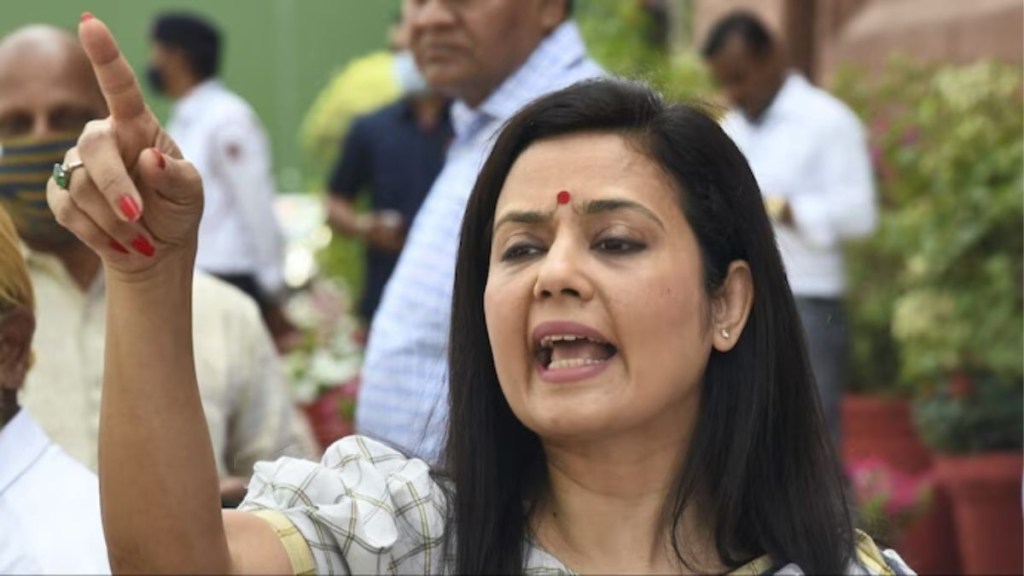GST New Rates: Trinamool Congress (TMC) has claimed credit for the government’s decision to exempt life and health insurance policies from Goods and Services Tax (GST). She also said that the recently announced GST reforms by Finance Minister Nirmala Sitharaman are a move to ease Donald Trump’s 50% tariff pressure.
In a post on X, TMC MP Mahua Moitra said the move followed persistent pressure from party supremo and West Bengal Chief Minister Mamata Banerjee.
“Didi @MamataOfficial wrote to FM @nsitharaman on 2 August 2024 urging withdrawal of 18% GST on life & health insurance policies. FM has finally done it, albeit to offset pain from friend Doland’s 50% tariffs. @AITCofficial continues to fight anti-people policies,” Moitra wrote.
A “victory wrested” from central government
The TMC has described the rollback as a major win for citizens. In a strongly worded statement, the party accused the central government of ignoring repeated pleas until political pressure forced its hand.
“A victory for common people. A victory wrested from a tone-deaf regime that only listens when forced. From day one, Mamata Banerjee warned the Finance Minister that taxing insurance premiums was cruel, anti-people, and would deter families from securing their future. The Narendra Modi government has finally buckled under pressure,” read a TMC post on X.
The party vowed to continue challenging what it termed “Jono-Birodhi” (anti-people) decisions, both in Parliament and on the streets.
GST reforms announced
The exemption for insurance premiums comes as part of sweeping reforms approved by the GST Council on 3 September. At its 56th meeting, the Council decided to rationalise the four-tier GST structure into just two slabs of 5 per cent and 18 per cent, eliminating the 12 per cent and 28 per cent categories.
Essential goods such as ultra-high temperature milk, paneer and Indian breads have been moved to the zero-tax bracket, alongside key educational supplies and 33 life-saving drugs, including cancer medications. Several personal care products and food items will now attract only 5 per cent GST, while automobiles and cement have shifted into the 18 per cent bracket. Sin and luxury goods will continue to draw 40 per cent.
The new GST regime, branded by the government as “NextGen GST”, is set to come into effect on 22 September. While the ruling Bharatiya Janata Party has framed the reforms as citizen-centric, the Opposition insists the government acted only under duress, claiming the rollback on insurance premiums proves that persistent pressure can deliver results.

